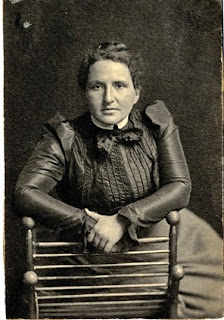Nothing much happens to me now, nor ever will again. But that should not prevent me from trying to write about it. I cannot help but feel that there is something important about this nothingness. It should represent lack of hope, and yet I think that, somewhere, hope may yet be with me. This nothingness is significant. If I immerse myself in it, perhaps it will turn itself into something else. Into something terrible, into something transformed. I cast myself upon its waste of waters. It is not for myself alone that I write this. I hope I may find some general purpose as I write. I will have faith that something or someone is waiting for me on the far shore.Margaret Drabble, The Seven Sisters
So writes Candida Wilton on the first page of Drabble's novel, writing on her 'modern laptop machine'.
(Candida: I love it that her name is also that of that scourge of womanhood, thrush, whose cure was almost an obsession with me and my friends in our student days).
Candida's awful marriage is over and she buys a small flat in London, where she ekes out her days in little bits of shopping, going to her health club, and in meetings of her Virgil reading group.
I find this book almost unbearably delicious, and read bits of it (which is the way I often re-read, going over just the parts I like, which incidentally, I've heard, is the way a lot of children read) quite often.
There's a bit where Candida asks to lunch a woman she knew in her old life and whom she doesn't particularly like. The first time I read this I thought, 'No man could have written this' (a thought I often have when reading women writers) - and probably no man would find this incident interesting. Reading it is like hearing a piece of gossip from a friend - the gorgeous sense of anticipation, the appalling delight in bitchiness.
And then there are sentences like this these:
Julia arrived at the dot of our appointed hour. For a wicked woman she is always surprisingly punctual.
In an interview I read years ago Margaret Drabble said, 'Women get madder as they get older.' Perhaps she was talking about this book, or perhaps she was talking about The Witch of Exmoor, in which Frieda Haxby retires to a crumbling house on the coast to write her memoirs, to the horror of her children.
In any case, I can only second her opinion. I've been thinking about what she said a bit lately, which is probably why I've dragged her book up to put in the attic on this hot summer night.
















